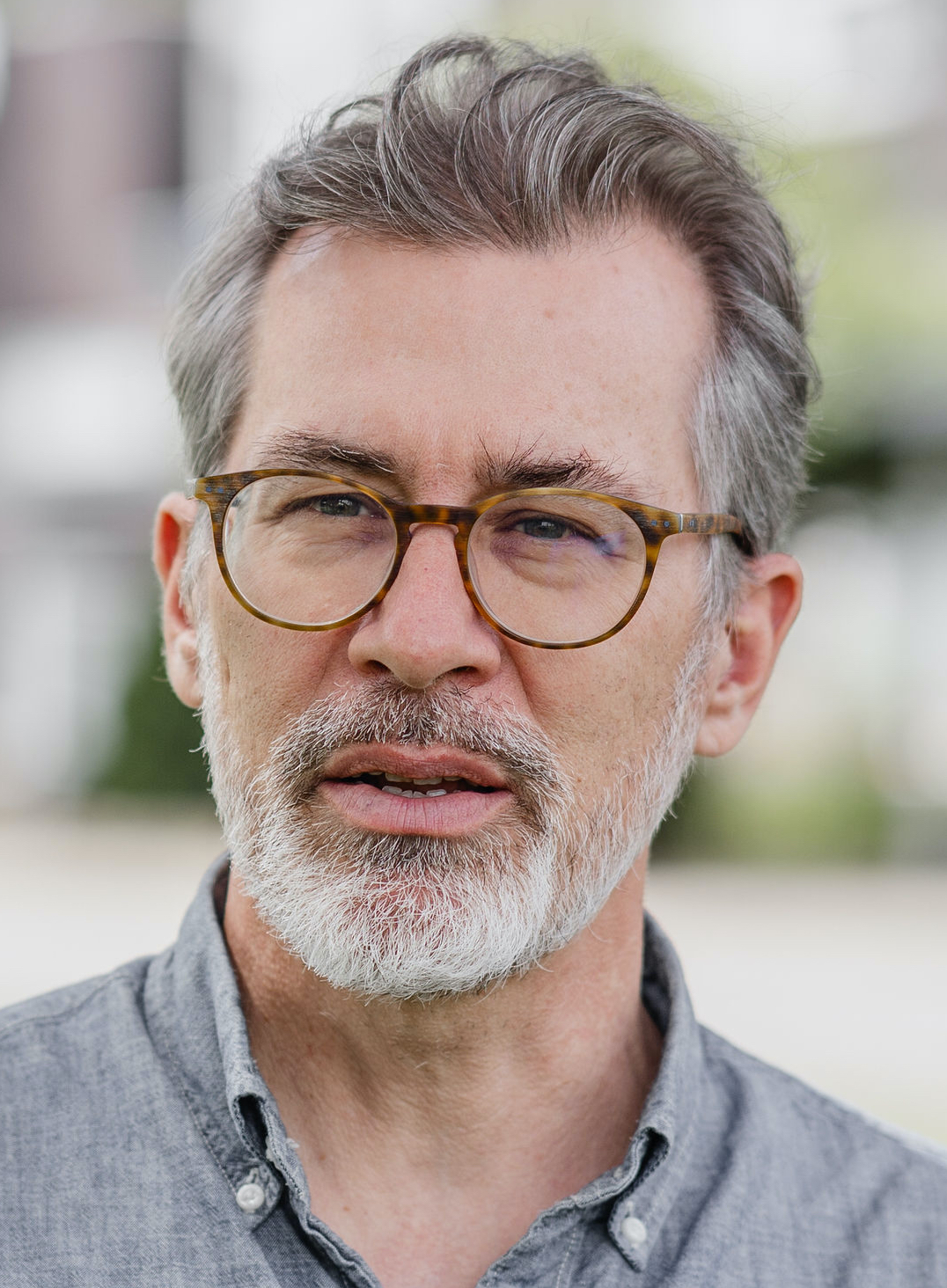
About
I might have been an economic historian or a speech language pathologist. At one point, I aspired to be a child saint. But the ball sure bounces funny sometimes.
See full bio.
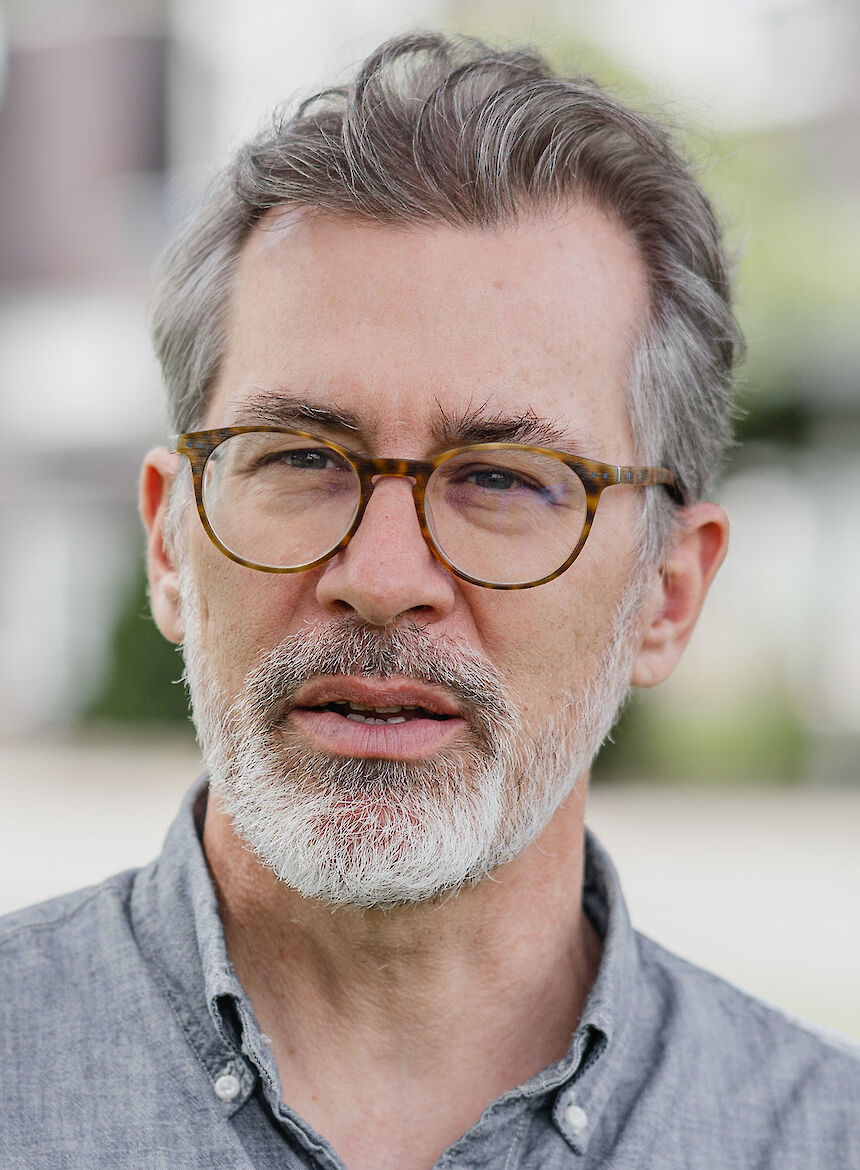

I might have been an economic historian or a speech language pathologist. At one point, I aspired to be a child saint. But the ball sure bounces funny sometimes.
See full bio.

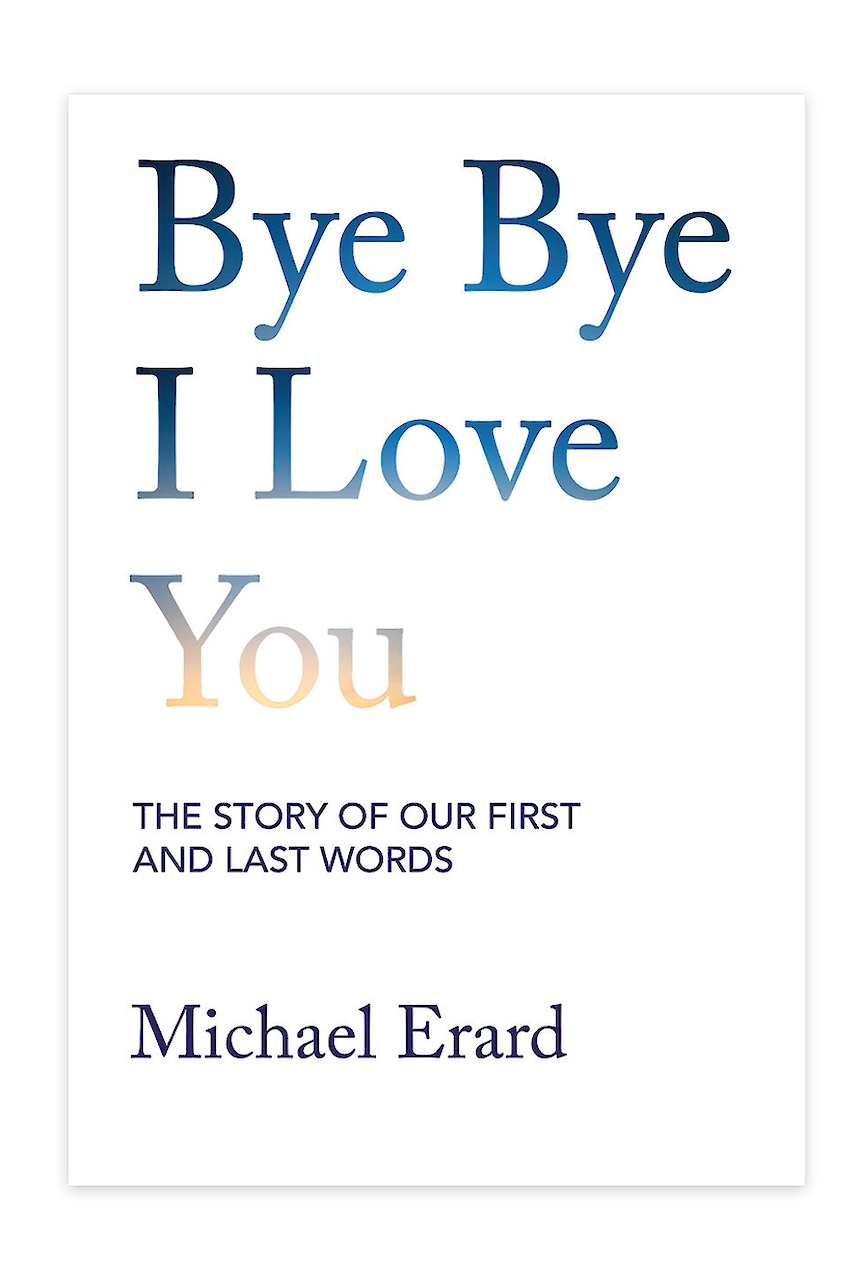
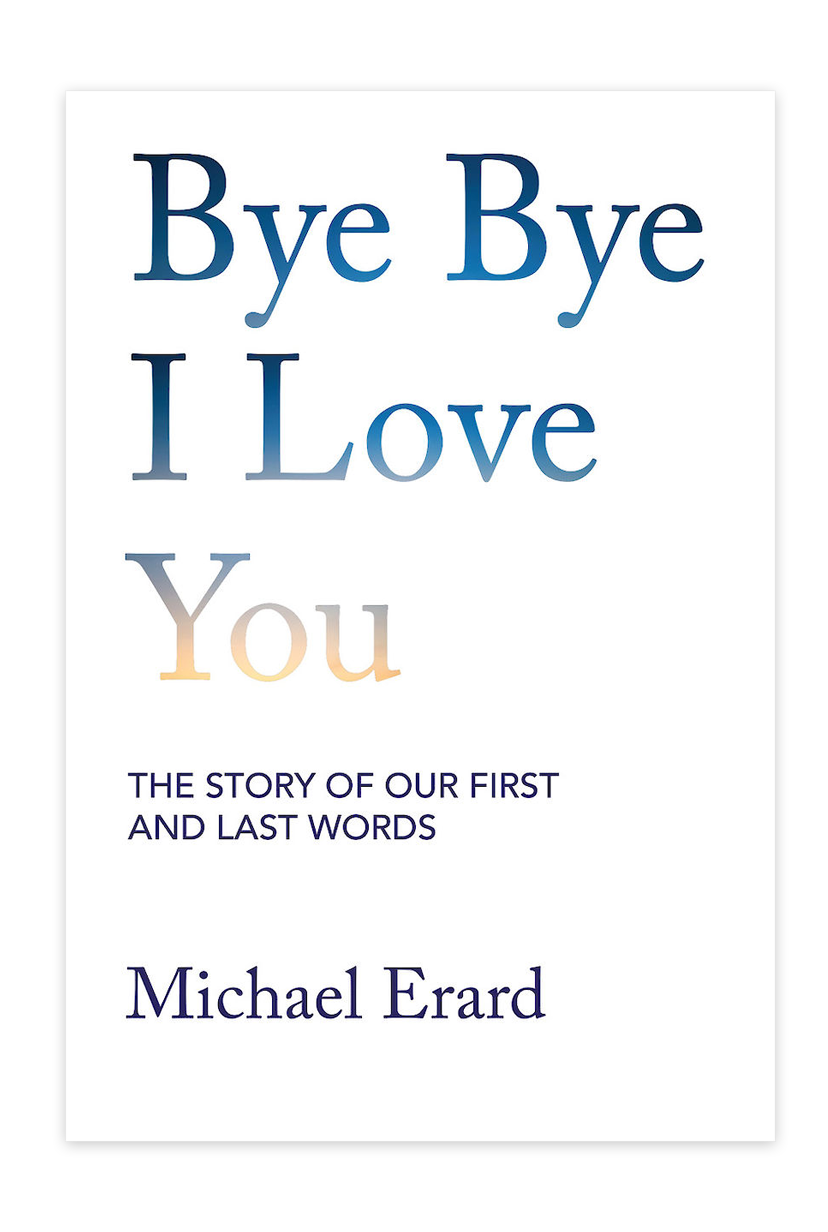
With our earliest utterances and gestures, we announce ourselves—and are recognized—as ready to participate in social life. With our final ones, we mark the place where others must release us to death’s embrace.
The language sciences have thoroughly explored the former, called “first words,” but they’ve paid surprisingly little attention to the latter, called “last words,” and certainly not treated them together. Until now.
If you've ever held a babbling baby and wondered where this linguistic journey ends, this book is for you.
If you've ever sat by a dying person and wondered how their linguistic life began, this book is for you.
If you're in the middle of your life looking for linguistic anchors in the deepest past and the future, this book is for you.
If you want to bring some science to your understanding of language at the end of life, this book is for you.
The Economist called it "strangely comforting." Buy it here.
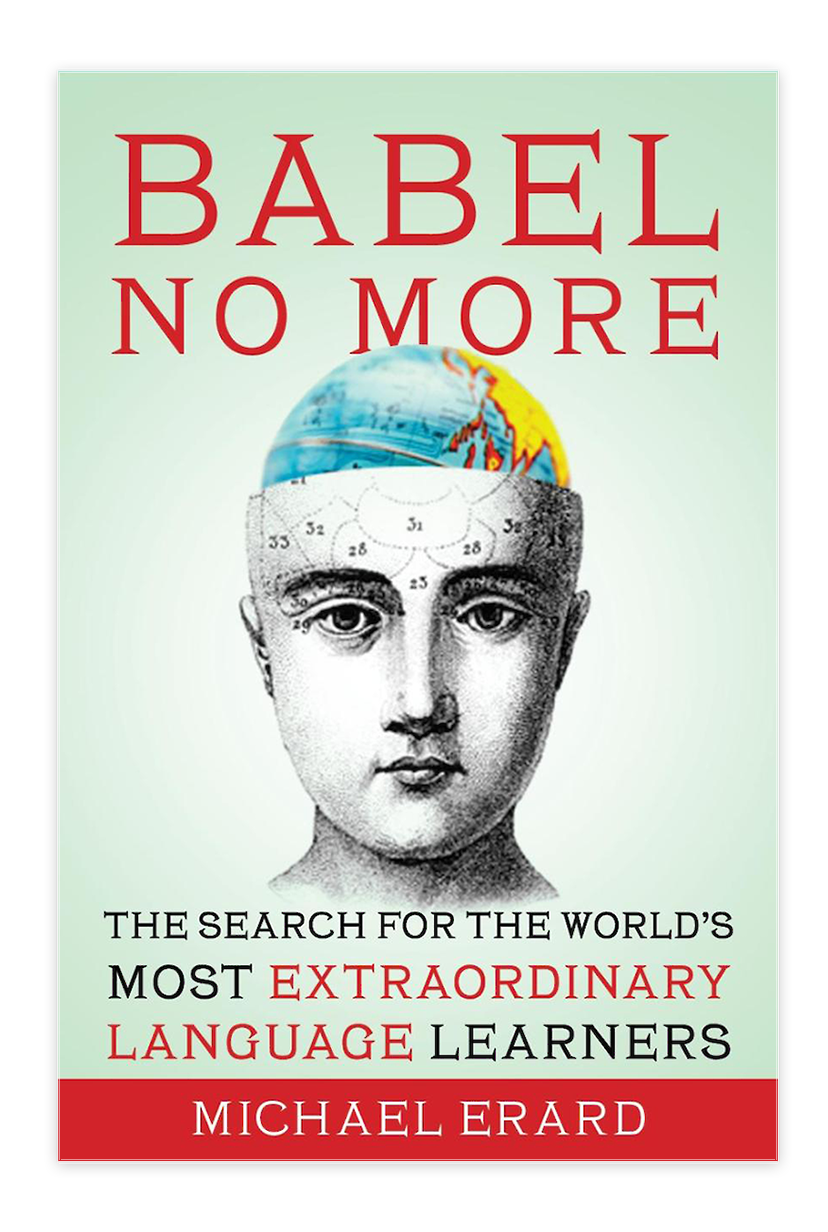
Babel No More: The Search for the World's Most Extraordinary Language Learners is a story about looking for something – and a someone – which may or may not exist. It's also a story about how to make that something and someone meaningful.
The "something" is the ability to speak a lot of languages and learn them very easily, and the "someone" is the most lingual person in the world. (Who does exist, by the way – more about that in the book). I've tried to make him (and people like him) meaningful to science, and to people who don't speak a lot of languages. People, that is, like me. I've studied Spanish and Mandarin, which I used to speak; now I use Dutch every day.
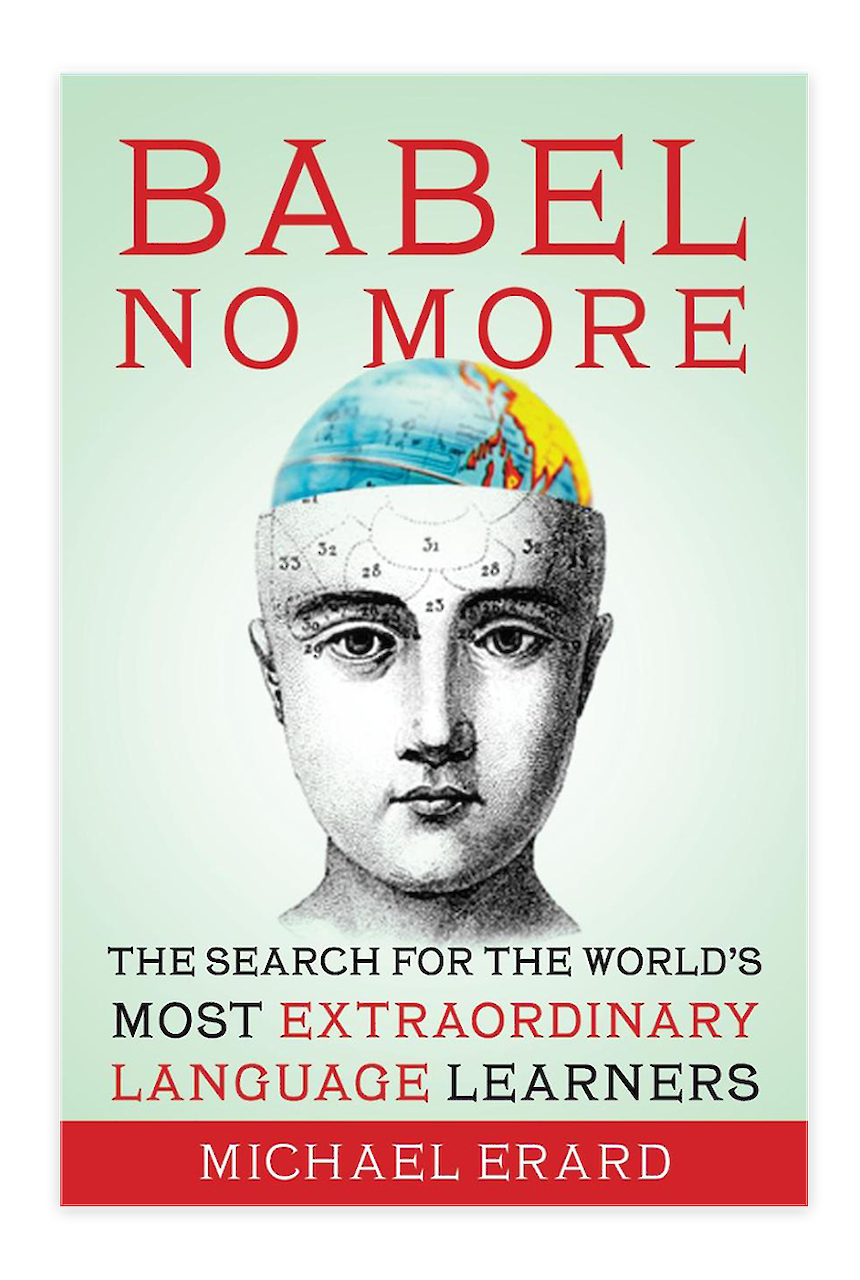
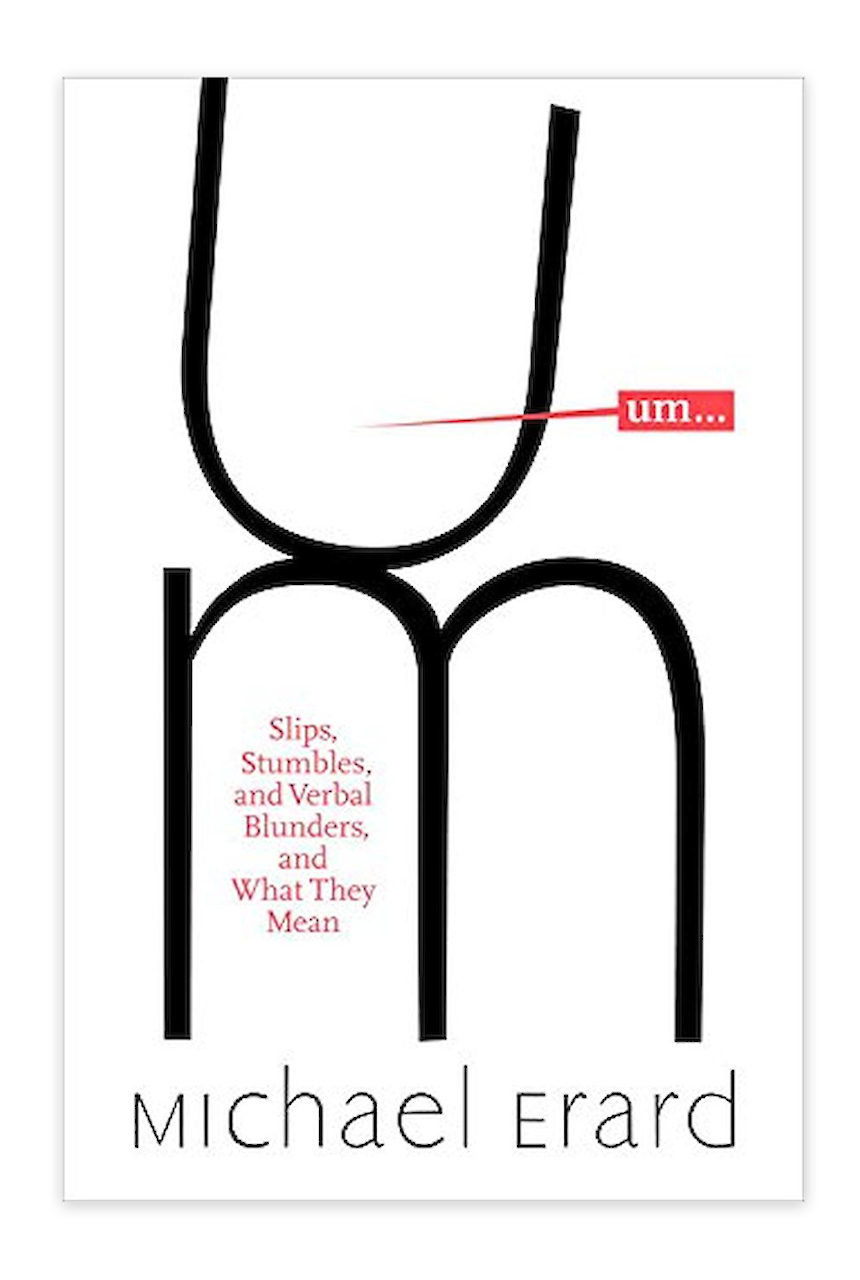

Um… is about how you really speak, and why it’s normal for your casual, everyday speaking to be filled with verbal blunders – about one every ten words. Why do they happen? Why can’t we control them? What can you tell about the people who make them?
In this charming, engaging account of language in the wild, linguist and writer Michael Erard also explains why our attention to some verbal blunders rises and falls. Why was the spoonerism named after Reverend Spooner, not some other absent-minded person? Where did the Freudian slip come from? Why do we prize umlessness in speaking? And what about President Bush?
You’ll have new ways to hear yourself and others talk, once you’ve met the people who work with verbal blunders every day – journalists, transcribers, interpreters, cops, linguists, and other scientists – and the tales that verbal blunders tell about what we want and who we are.
A delightfully original and informative account of language in the wild, full of entertaining examples, Um… is essential reading for talkers and listeners of all stripes.
Among the most surprising qualities of “Babel No More,” Michael Erard’s globe-trekking adventure in search of the world’s virtuosos of language learning, is that a book dealing with language acquisition and polyglot linguistics can be so gripping. But indeed it is — part travelogue, part science lesson, part intellectual investigation, it is an entertaining, informative survey of some of the most fascinating polyglots of our time.
Peter Constantine